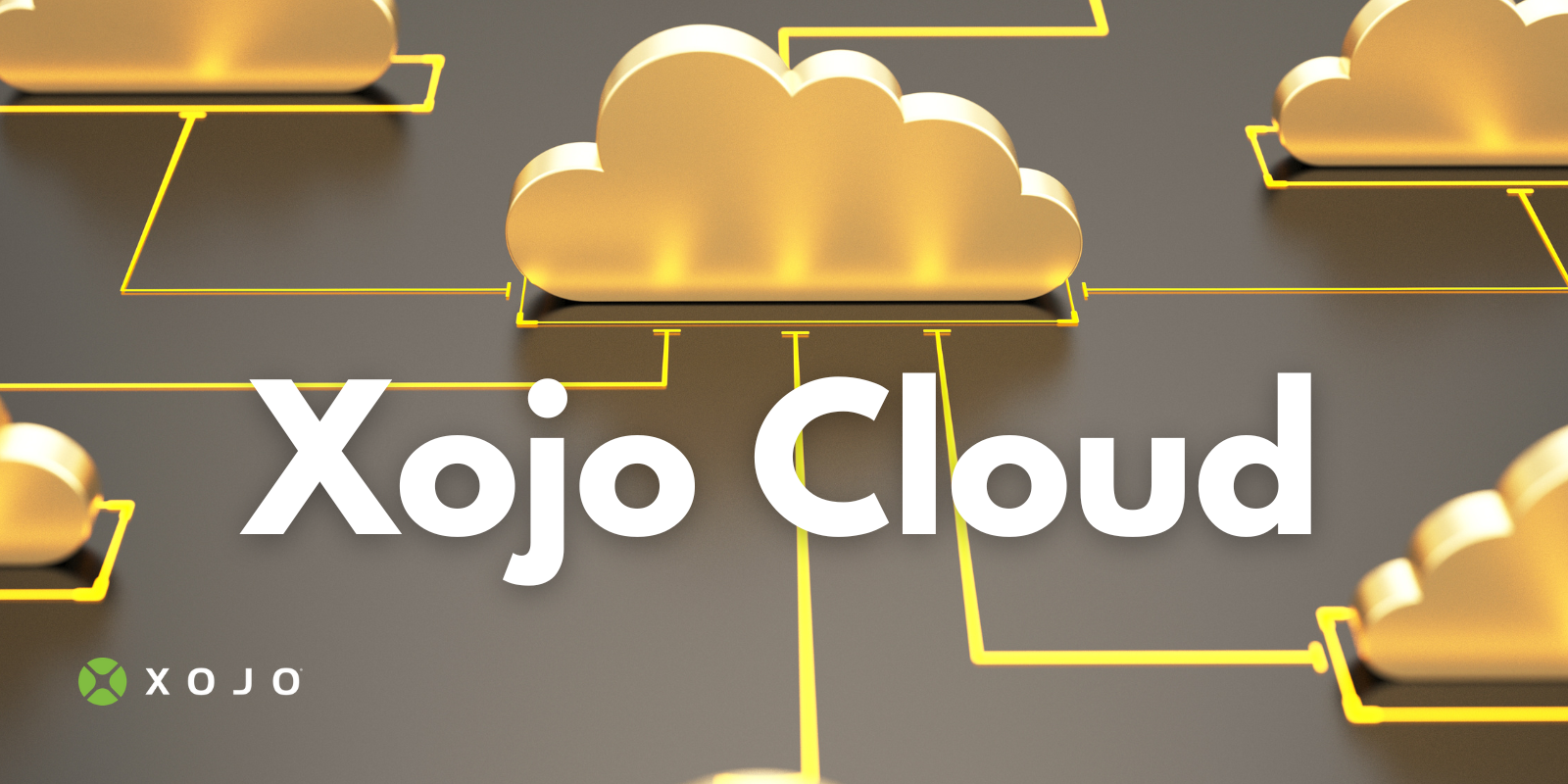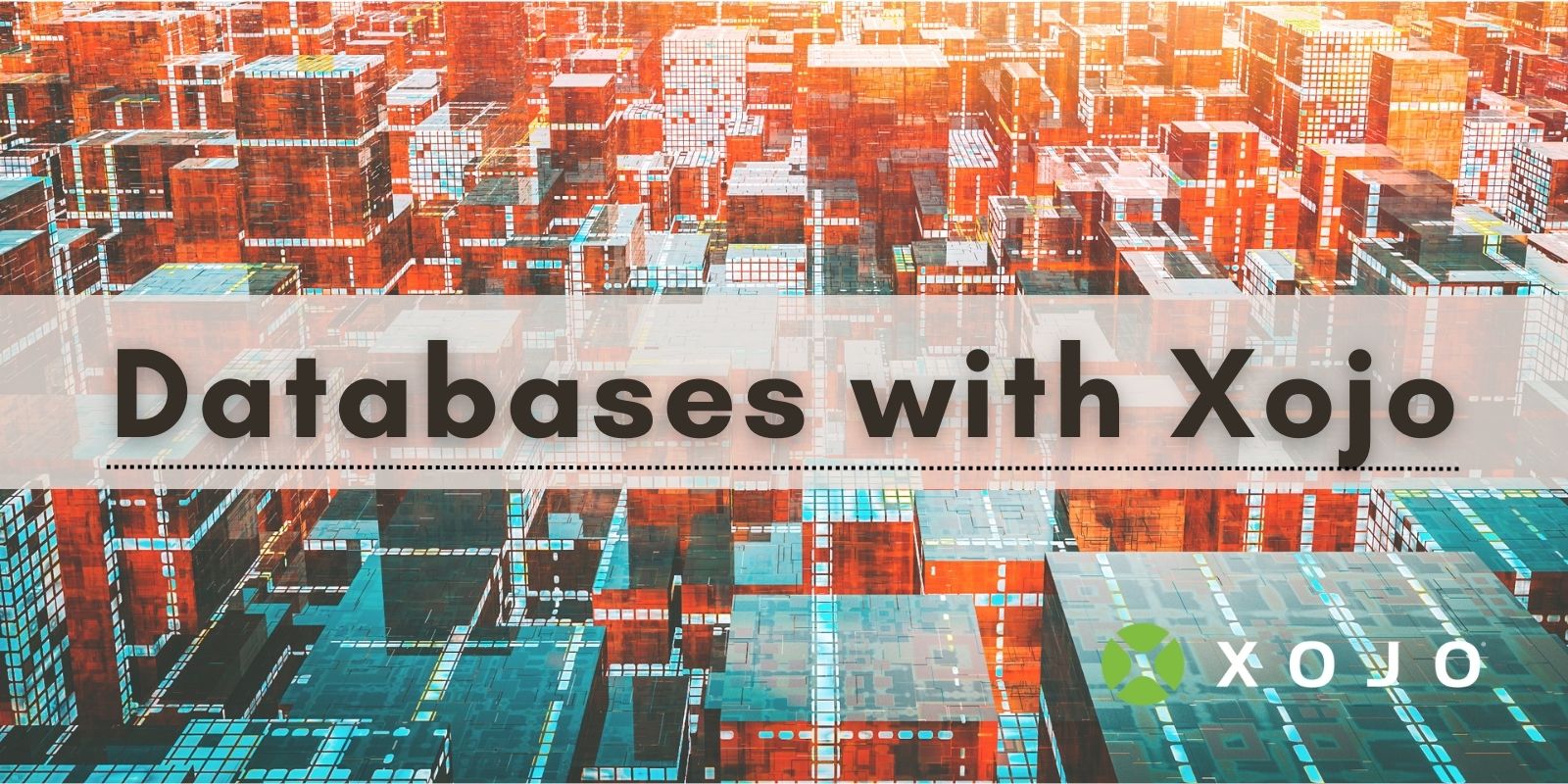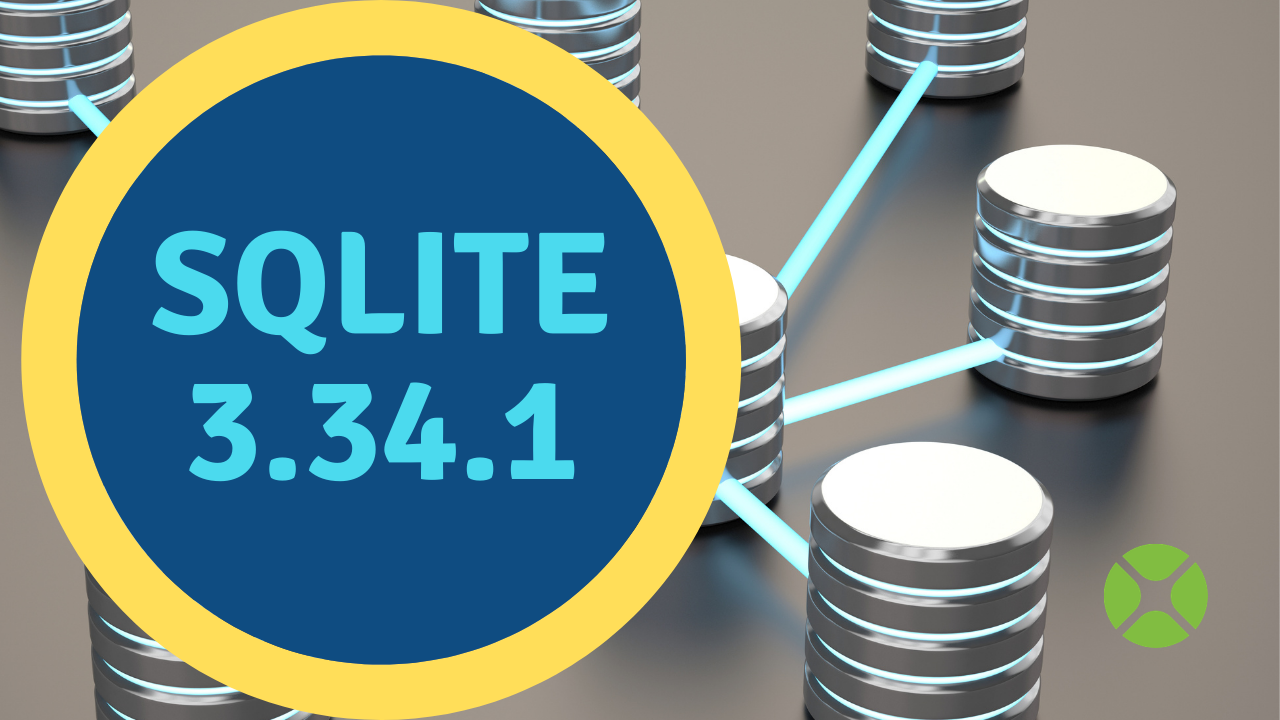Introduction When developing applications with Xojo, choosing the right backend is crucial for managing data efficiently. Traditionally, Xojo developers rely on SQL databases such as…
Comments closedTag: SQL
Have you ever debugged your Xojo database app and wondered about the SQL queries being executed and the parameters used? You are not alone. Whether…
Comments closedSQLite is a powerful, serverless database engine widely used in various applications. Transactions in SQLite play a crucial role in ensuring data integrity and consistency.…
Comments closedThere are many ways to develop with Xojo and use Database Servers. You might be working on a multi user Desktop Application that stores data in a Database. Or you’re creating a multi user Xojo Web Application that needed to be scaled up to a couple of running instances – and use a Database for data storage. Or maybe you’ve written a mobile application that connects to a Backend REST API – again possibly written in Xojo (e.g. with the open source Express, or with Xojo Web).
Comments closedSQL is 50 years old! It was first introduced in a 1974 paper titled “SEQUEL: A STRUCTURED ENGLISH QUERY LANGUAGE” by Donald Chamberlin and Raymond…
Comments closedXojo Cloud is the premier hosting solution for developers looking for a reliable, secure and high-performance hosting environment for Xojo web applications. Xojo Cloud is developed specifically for Xojo web applications and offers a range of benefits for you and your applications that make it worth the investment.
Comments closedAfter you have designed your interface and begun coding, your next step may be to connect to a database. This blog post tells you the databases supported by Xojo, shows you where to find code samples and examples, plus tutorials and videos that walk you through connecting, updating, querying and managing a database, plus, an introduction to Xojo’s new DBKit. Get the resources and knowledge you need to get your first database project off the ground today.
Comments closedIn Xojo 2022r4, we have updated our SQLite library to SQLite v3.39.4. I thought I’d highlight a few notable upgrades including: STRICT tables
PRAGMA table_list
RIGHT and FULL OUTER JOIN
Built-in JSON support
Xojo 2021 Release 1 updates its SQLite engine to 3.34.1 (from 3.33.0). This release does not have a lot of new features, but there are…
Comments closedRecently I needed to update an old Web project that used a Microsoft SQL Server Database as its data source. This application is running as a service on a Windows machine and is for internal use only. I decided when updating the project, I would also update to API 2.0 database commands using Xojo 2019 R3.2 and I would like to share some of those code changes with you.
Comments closed


